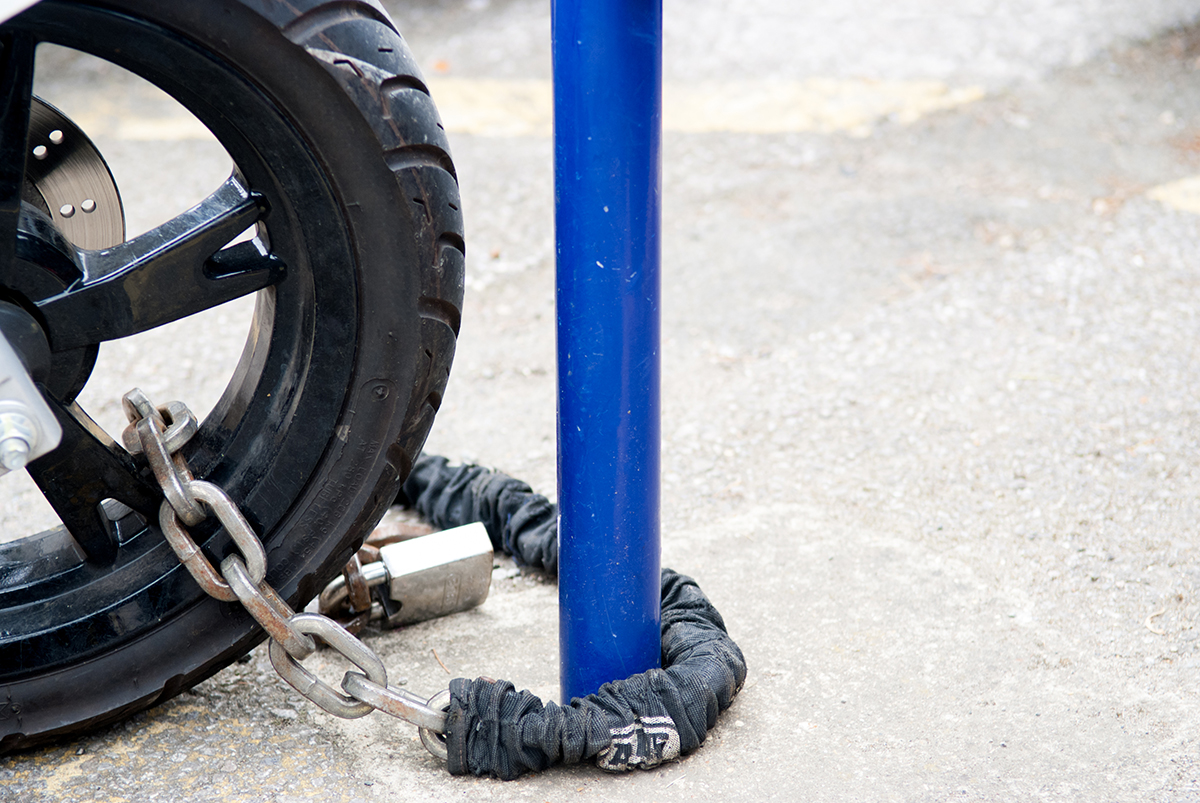If you call 911 and request an ambulance, the way that ambulance is staffed depends on two things:
- What state you live in, and
- The severity of the emergency
Some states require at least one paramedic to be on board during both severe and non-life-threatening emergencies…
While others allow pairs of emergency medical technicians, or EMTs, to handle less serious medical crises.
But just how big is the gap in care between these two professions? Does it make that much of a difference whether a victim has a paramedic or an EMT watching over them on the way to the hospital?
As we’ll find out in today’s article, the main differences between paramedics and EMTs boil down to training and education, on-the-job duties, and places of work.
Training & Education
Overall, training and education is the biggest difference between EMTs and paramedics.
To better understand their knowledge and experience, let’s break down each category one after the other.
Education (Required Degrees, Certifications, & Coursework)
EMTs
As far as education goes, EMTs aren’t required to have a college degree of any kind. They also don’t need to have any prior medical experience.
As long as the applicant is at least eighteen years old, has a high school diploma or GED, and has their CPR/BLS (Cardiopulmonary Resuscitation/Basic Life Support) certification, they’re free to enroll in training.
EMT training programs typically include anywhere from 150 to 170 hours of coursework, lasting around sixteen weeks. Upon completion, trainees are tested and — if they pass — are cleared to operate in the field.
Paramedics
Education requirements for paramedics often vary from place to place. Some schools may accept enrollees without any additional education, while others may require college-level anatomy and physiology.
But regardless of these prerequisites, aspiring paramedics must have at least six months’ worth of experience working as an EMT before moving to the next level. Once they’ve hit that quota, they can start their training.
Paramedic training programs are far more intensive than EMT courses, requiring anywhere from 1,200 to 1,800 hours of coursework.
These programs last around six to twelve months and cover a wide range of medical topics and skills, which we’ll cover below.
Once they’ve completed their training, the only thing standing in the way of their professional license is the National Paramedic Certification (NPC) exam.
Training (Knowledge & In-Field Skills)
EMTs
EMTs are trained to medically assess the severity of victims’ situations and administer basic life support services.
Since they’re typically the first medical personnel on the scene, it’s crucial that they identify any life-threatening injuries or illnesses and provide the appropriate care on the way to the hospital.
During training, EMTs are taught a variety of medical skills, including but not limited to:
- Patient assessment
- Airway and breathing management
- Basic cardiac life support
- Medication administration
- Emergency childbirth and care
- Trauma care
Paramedics
Everything paramedics learn during training builds upon their EMT skills.
Educational lectures, labs, hospital internships, and in-field training teach them everything they need to know to provide advanced life support to patients in need.
In terms of knowledge and skills, the easiest way to think about a paramedic is like a portable emergency room nurse.
They’re well-versed in anatomy, physiology, medications, cardiology, advanced trauma care, intravenous (IV) injections and infusions, advanced breathing support, various medical procedures, and much more.
In severe or life-threatening medical emergencies where advanced life support is necessary, paramedics are always part of the first-response team.
On the Job Duties
EMTs
An EMT’s in-field duties can vary wildly based on the situation. When responding to any medical emergency, they have to be ready to…
- Assess and monitor patients’ vital signs, respiration, trauma, and illnesses
- Manage and clear airway obstructions
- Provide bag-mask-ventilation
- Administer oxygen
- Use an Automatic External Defibrillator (AED)
- Provide infant, child, or adult CPR.
- Administer epinephrine, oral glucose, and other life-saving medications
- Assist in emergency childbirth and newborn resuscitation
- Control and stop bleeding
- Manage patients in shock
- Inform hospital staff of their patient’s condition (injuries, illnesses, etc.)
Paramedics
Thanks to their advanced training, paramedics can provide the same life support services as EMTs, plus many more advanced services…
- Starting IVs to administer life-saving medications
- Opening new airways in patients who can’t breathe (tracheotomy)
- Needle decompressions to alleviate a collapsed lung
- Administering pacemakers
- Analyzing electrocardiograms (EKGs) of patients with cardiac issues
- And much more
Whenever a call comes through, these brave responders have to be ready to provide any of these services at a moment’s notice.
Places of Work
EMTs
Typically, you’ll find EMTs working for hospitals, fire departments, police departments, and private ambulance services.
Paramedics
Most often, paramedics work in tandem with EMTs as part of ambulance crews. But unlike EMTs, they can also serve on ambulance and fire helicopter teams.
The Takeaway
This article is all about what separates these two medical professions, but what’s most important is what they share:
An unwavering dedication to help those in need, enter life-threatening situations without a second thought, and save lives.
No amount of training or college courses can teach that, and we owe these brave heroes our endless gratitude for their service.
In a medical emergency, the Rescu app is the fastest way to dispatch EMTs and paramedics to your location — without saying a word.
It’s like a Fast Pass at an amusement park, but instead of skipping long lines, you’re skipping long and unnecessary conversations with 911 operators.
Plus, since Rescu operates out of a private dispatch center, you won’t be vulnerable to the delays, dropped calls, and service outages that often happen with 911.
Use the buttons below to download Rescu today, and start carrying peace of mind in your pocket for as low as $7 a month.





